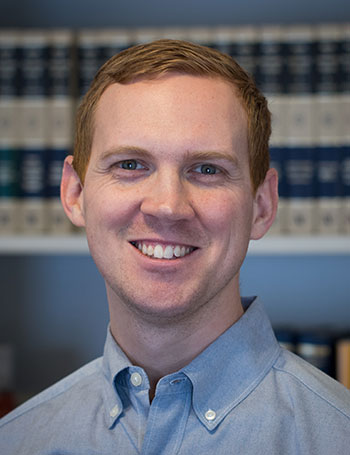Is theology an impediment to methodology? Is the academic study of theology a hindrance to practical and effective Christian service? Or perhaps is the alternative to contemplative and disciplined reflection always rash and unprincipled action?
We should hope that these two dynamics, study and practice, have much to say to each other, rather than being opposed. However, this is all too often the unconscious paradigm many assume, both in the staid halls of the academy and out in the “field,” so to speak.
Growing up in cross-cultural ministry, I’ve seen both tendencies firsthand. I’ve known missionaries so concerned with “doing things right,” and making sure their principles flawless, that it crippled their ministry. They were so cautious that they lost their boldness in the process.
At the same time, I’ve known others who have mistaken theological recklessness for boldness and a drive to produce results. Yet as they sow in haste, what they often reap is only a reflection of themselves: Christians unmoored to firm foundations and unbalanced in life.
But must theology and practice be so opposed? I think not.
In fact, it is with this very aim that I teach my theology students, especially those in the Pioneers Bible Certificate track. For my students enrolled in the Apostles Creed: Intro to Theology survey course, my goal is prepare them for faithful and fruitful service in cross-cultural ministry through ensuring that they receive biblically grounded and historically informed introduction to Christian theology, and that they are able to apply what they’ve learned in missiologically strategic and culturally contextualized ways.
In the Pioneers Certificate track, we want to wed orthodoxy and orthopraxy, practical reproducibility with faithful connection to the historic Christian faith, under the authority of scripture. The way we do this in the Apostles’ Creed course is with a capstone project in which students must develop a teaching strategy for how to explain a topic or question from the course material in a specific cultural context. My students write on such things as how to explain the Trinity to Muslims, how to defend the authority of Scripture or the divinity of Christ, and even teaching the importance of the Fatherhood of God in an East Asian context where fathers are often emotionally distant. I’ve even had one student develop a strategy for sharing the Gospel with Muslim women by considering the connection between ritual cleansing in the Old Testament and the justification of Christ applied to us through the work of the Holy Spirit.
My goals for my students always include exploring deeply and with academic rigor important doctrines of the faith, while at the same time preparing them to walk away from the course with materials they have developed themselves which are culturally relevant to their ministry context, easily reproducible, and strategically practical for their work.
Are you interested in wedding theory and practice in preparation for cross-cultural ministry? Consider our programs or reach out to us for more information.
The Apostles’ Creed Course is developed by Thirdmill. To learn more about how you can earn a Masters of Arts in Christian Studies by taking Thirdmill courses via The BibleMesh Institute, go here.
 Dennis Greeson is an Academic Tutor for the BibleMesh Institute and a PhD candidate in Systematic Theology at Southeastern Baptist Theological Seminary. Growing up on the mission field, he has a passion for helping students prepare for cross-cultural ministry.
Dennis Greeson is an Academic Tutor for the BibleMesh Institute and a PhD candidate in Systematic Theology at Southeastern Baptist Theological Seminary. Growing up on the mission field, he has a passion for helping students prepare for cross-cultural ministry.
